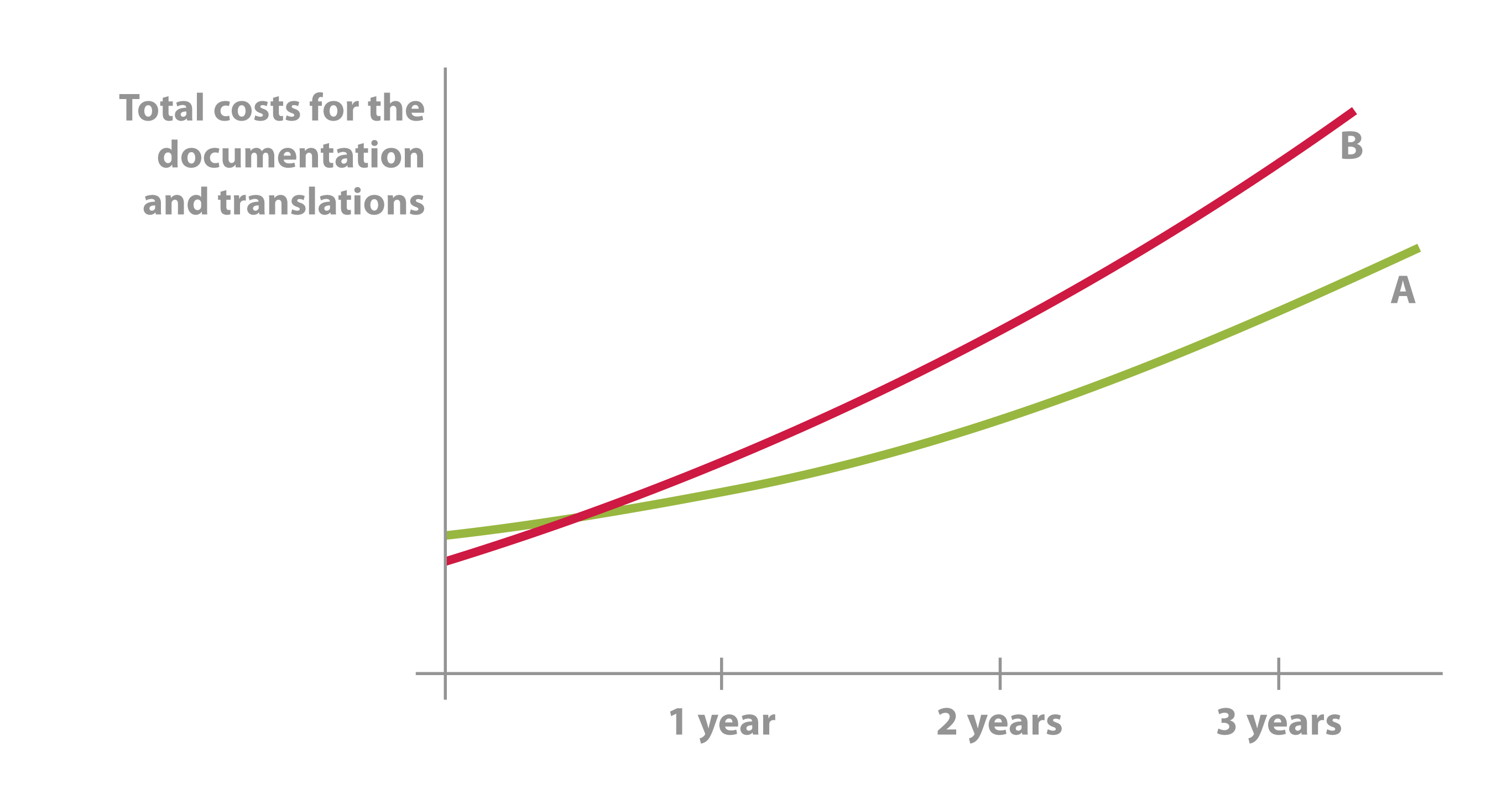Are You Choosing a Translation Services Provider? Then Pay Attention to the Billing Method

Zbyněk Zelenka
10. 2. 2011We’ve updated this article on 19/11/2018
Companies normally spend a lot of time and effort putting together detailed briefs for tenders in the selection process of a language service provider. It is from our experience that the final deciding factor is usually that of the lowest price. We fully understand the need to keep costs low but selecting a translation company simply for the lowest price tag, might end up being a lot more expensive in the long-run.
We understand that the selection of a language service provider is no walk in the park these days. Each agency has slightly different expectations of their translators or the varied systems in place for quality management. This is made more complicated by the development of modern translation technologies and the varying billing methods of work associated with them. For example, some translation companies are still billing the “old-fashioned” way, based on standard pages whereas most modern translation companies have transitioned to billing according to the number of source words, a billing method we consider to be fairer and more beneficial for all parties involved.
Why billing per source word is more beneficial
The main advantage is that it creates a more transparent pricing structure, giving you the final cost of the translation before it actually starts. Translation companies using the ‘per standard page’ billing structure will normally only deliver the final cost estimates after the translation has been completed and often comes with 15–20 % price increase, understandably an unexpected and unpleasant surprise for the client. This is avoidable when price offers are calculated per source word.
When we simplify it, translation companies are essentially divided into two camps;
The “old-school” translation companies typically operate without modern translation tools and use a billing structure based on calculations for a standard page. While these kinds of price offers may look appealing at first glance, this one-time saving will probably not save the client much in the long-run. Without the prospect of future cost savings, the uniformity of translated texts or terminology and probably also not enough flexibility with large-scale projects.
And then there are translation companies whose translators work with modern translation software thanks to which you, as the client, profit from noticeable long-term savings and a terminological and stylistic uniformity of the translated texts. Such companies can handle even large-scale projects without any harm to the quality of translated texts.
Selecting the right translation company can be a daunting task and not as easy as it seems so, if you do find yourself in the position making this decision, be sure that the decision is not based only on the lowest price. This might seem like a short term solution but paradoxically, can cost you more. Besides the increased rates, working with modern technology can ultimately save you from further risks such as a decline in quality that is otherwise not detectable without the modern tools.
How is this possible? The unit price for one standard page doesn’t show what the total costs for all the translations will be on a longer timescale.
Let’s look at the following example of a cooperation over a period of three years:

Translation services provider A (for example, us) will offer a higher unit price but will include a discount for repeated words and matches using modern linguistic tools to create a translation memory. We will also advise you on how to efficiently create and manage your company documentation.
Translation services provider B will offer a lower unit price and the option for a one-off saving. This provider will use the “classic method” of translating without the use of software and will therefore not provide any discount for repeating texts and matches with the translation memory. They will also be less inclined to create and manage your company documentation and not likely to offer advice on how translation costs can be drastically lowered in the long run.
The figure shows that costs with provider A will be slightly higher at the start of cooperation but compared to provider B, will provide significant long term savings.
After numerous projects with the use of linguistic tools, the following will occur:
- Text translated once will be saved into the translation memory. When the same or similar sentences are repeated in future translations, the translator just checks the sentence in terms of context and is therefore only billed for a fraction of the base price. The more repetitions, the more savings it will bring you.
- When creating company documentation, all the departments will work with the same (and correct) terminology. The documentation will, therefore, be uniform and various company documents will also be translated uniformly.
- Ensuring that the terminology is correct across all the translated documentation will save significant time and money on corrections and repeated reviews on translations.
- Thanks to the online memory shared in real-time, more translators can take part in a project at once which will result in significantly shorter delivery times (while maintaining quality).
- These modern tools, aside from the common formats, also support translating in various specialized formats such as HTML or PHP for creating websites or Adobe InDesign and FrameMaker for professional graphics. We are be able to translate your texts in practically every format.
As a result, the seemingly more expensive language services provider with modern tools will save you a considerable amount of resources and time.
The total volume of savings depends on the number of translated documents. This can vary from client to client and over a longer period, clients can see a considerable spike in their overall savings. Selecting a language service provider based on the lowest price without checking the billing method and the translation tools they use is not the best choice for you.


